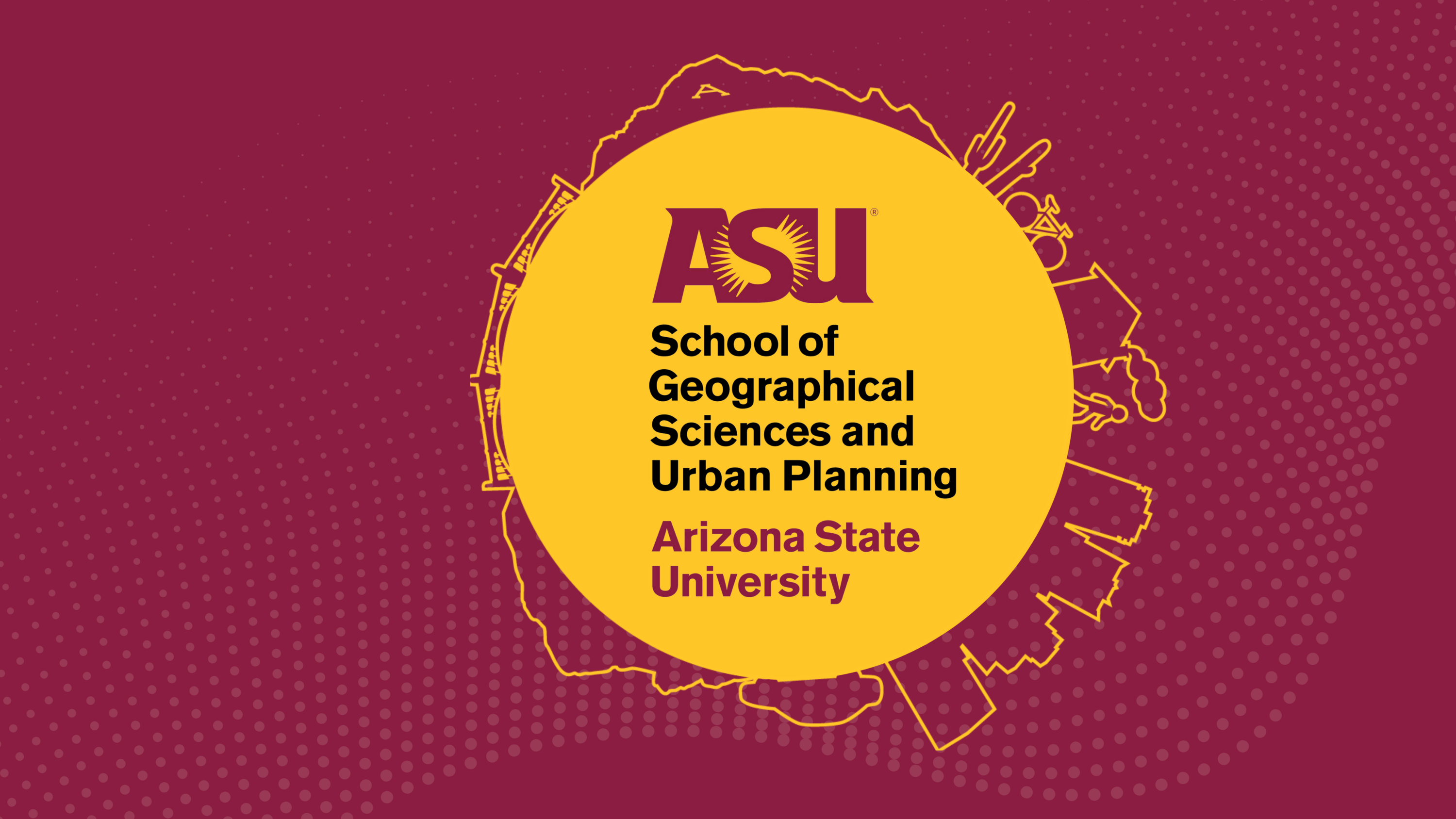Colloquium Lecture with Evelyn Blumenberg, University of California, Los Angeles

Event description
- Academic events
- Free
The Equity Implications of Long Commutes: The Case of the Greater Los Angeles Region
About the talk:
“Supercommuting”— typically defined as one-way journeys to work of over 50 miles or 90 minutes—has long captured the attention of the general public, planners, elected officials, and researchers. High housing costs in large urban areas can motivate outward moves to communities where housing costs are lower but commutes are longer. Recent increased workplace flexibility—particularly the ability to work from home— may allow some workers to have less frequent, but longer commutes. Are commutes getting longer? Are supercommutes more frequent? If so, what is driving these changes? To examine these questions, we examine the presence, causes, and consequences of supercommuting in the six-county Greater Los Angeles region. Our research focuses on the equity implications of long journeys to work, including the role of income in explaining the propensity to supercommute, and its effects on household housing and transportation (H+T) expenditures. Our findings have implications across multiple policy domains: housing, transportation, and employment.

Speaker biography:
Evelyn Blumenberg is a Professor of Urban Planning and Director of the Lewis Center for Regional Policy Studies in the Luskin School of Public Affairs at the University of California, Los Angeles (UCLA). Her research examines transportation and economic outcomes for low-wage workers, and the role of planning and policy in addressing transportation disparities. Her recent projects include analyses of gender and travel complexity, the relationship between transportation and school choice, and the equity implications of long commutes.
Professor Blumenberg was honored in 2014 by the Obama Administration as a White House Champion of Change for her research on transportation access, employment, and poverty. She holds a bachelor's degree in political science from the University of California, Berkeley, and a master's degree and Ph.D. in urban planning from the University of California, Los Angeles.

